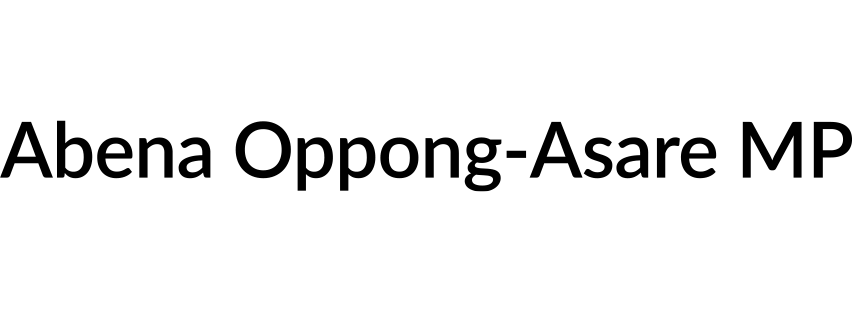8,710 jobs at risk in Erith and Thamesmead unless Chancellor delivers “smart” furlough scheme
Rishi Sunak’s “Plan for Jobs” has been a disaster. Seven months after its launch, we’ve got record redundancies, soaring unemployment and the worst economic crisis of any major economy.
Analysis by the Labour Party shows that as of late January 6845 people are claiming out of work benefits and 8,710 people are still on furlough in Erith and Thamesmead.
The Chancellor’s initially triggered a one-size-fits-all wind down of the Coronavirus Job Retention Scheme (CJRS) in his Plan for Jobs last July. After several last-minute changes over the autumn and winter, the scheme is now set to expire at the end of April.
As well as being your local MP, I’m also Labour’s Shadow Exchequer Secretary to the Treasury. With 4.6 million people still on furlough nationally, I’m calling for the Chancellor not to repeat the mistakes of last year. The scheme must not be wound down while public health restrictions are in place and demand is still suffering.
Sunak must immediately announce an extension to the furlough scheme. Local businesses and workers need that certainty. We are also calling for urgent reform to make furlough smarter, with new training to help furloughed workers improve their skills and tough conditions on employers to stop abuse.
Labour is also demanding immediate action to recover jobs by overhauling the failing Kickstart scheme and to help create new jobs in the technologies of the future by reforming the shambolic Green Homes Grant.
Our figures show that 5800 people in Erith and Thamesmead had made claims under the Coronavirus Self-Employed Income Support Scheme (SEISS) by the end of July. It is appalling that the Chancellor has left the millions of self-employed people relying on the Self-Employed Income Support Scheme (SEISS) scheme in the dark about future support.
Labour is calling on the Chancellor to set the fourth grant of the Self-Employed Income Support Scheme (SEISS) at 80% of pre-crisis profits – and to do it now, not at the Budget.
Labour has also called for the scheme to be opened to the 200,000 people who only have a 2019/20 tax return, and for the Chancellor to urgently fix the holes its support schemes that have left millions of others excluded from support.
People can’t afford to wait for the Chancellor to get his act together. They need emergency action today, not more dither and delay until the Budget.

